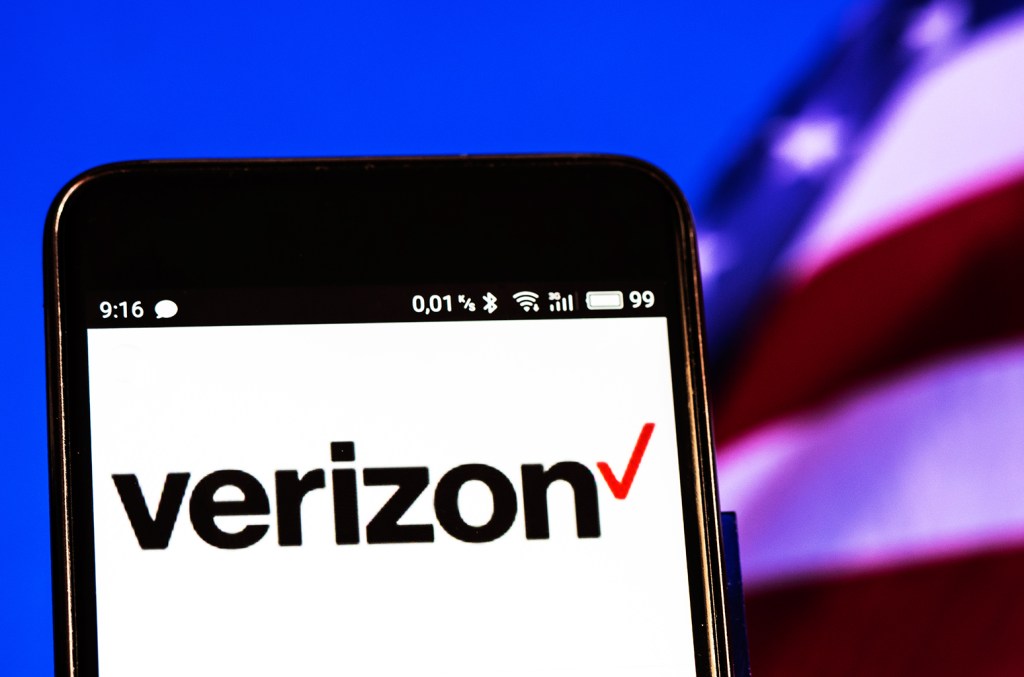The telecom giant claims the allegations — the same that led to a billion-dollar judgment against another internet provider — rest on a “faulty” premise.

Verizon is firing back at a lawsuit filed by the major record labels over allegations of “staggering” piracy on its network, arguing that music companies cannot trot out the “same playbook” they used to win a billion-dollar judgment against another internet service provider.
The case, filed in July by Universal Music Group, Warner Music Group and Sony Music Entertainment, claims that Verizon “buried its head in the sand” in the face of repeated warnings about piracy on its network, effectively encouraging its users to illegally share music.
But in a motion to dismiss the case on Friday (Sept. 6), Verizon blasted the “legally deficient” premise of the lawsuit: That an ISP itself can be held liable over the sins of its users.
Trending on Billboard
“When people do bad things online, their internet service providers are not typically the ones to blame. This lawsuit claims otherwise,” Verizon’s attorneys wrote. “The plaintiffs are massive record labels — together worth billions — alleging that some people illegally shared their artists’ songs over the internet. Yet they made a calculated choice not to sue those people.”
The new case is the latest in a long line of major lawsuits aimed at forcing internet service providers to take more proactive steps to eliminate piracy on their networks. Major labels have filed similar cases against Charter, RCN and other ISPs in courts around the country, often winning huge judgments. In one case, the labels initially won a $1 billion verdict against Cox Communications.
But in Friday’s response, Verizon said those “lucrative” cases had been incorrectly decided by other federal courts and must be rejected in the current battle, which is taking place in Manhattan’s influential federal court district.
“The Labels filed this lawsuit because the same playbook has worked against others,” Verizon’s lawyers wrote. “But the decisions blessing those lawsuits were wrong then and are even less persuasive now.”
Proving that an ISP is liable for secondary copyright infringement requires evidence of “culpable action, not passive inaction,” Verizon wrote. Other federal judges may have been persuaded that failing to shut off internet service counted as such “active” conduct, Verizon says, but that doesn’t make it so.
“The Labels do not allege that Verizon encouraged music piracy or even wanted it to happen,” the company’s lawyers wrote. “All Verizon did was sell general internet access, which some people abused to share copyrighted music with others.”
In particular, the telecom giant pointed to a 2023 ruling by the U.S. Supreme Court in which the justices ruled that Facebook, Twitter and Google could not be sued for aiding and abetting ISIS simply because the terrorist group had posted content to social media. Verizon argued that the legal argument in the copyright cases against ISPs directly conflicts with the high court’s recent ruling.
“As the first district court to consider the issue after [the Supreme Court’s decision], this court now has the chance to reject the premise,” Verizon’s lawyers added. “It should do so. The complaint should be dismissed.”



